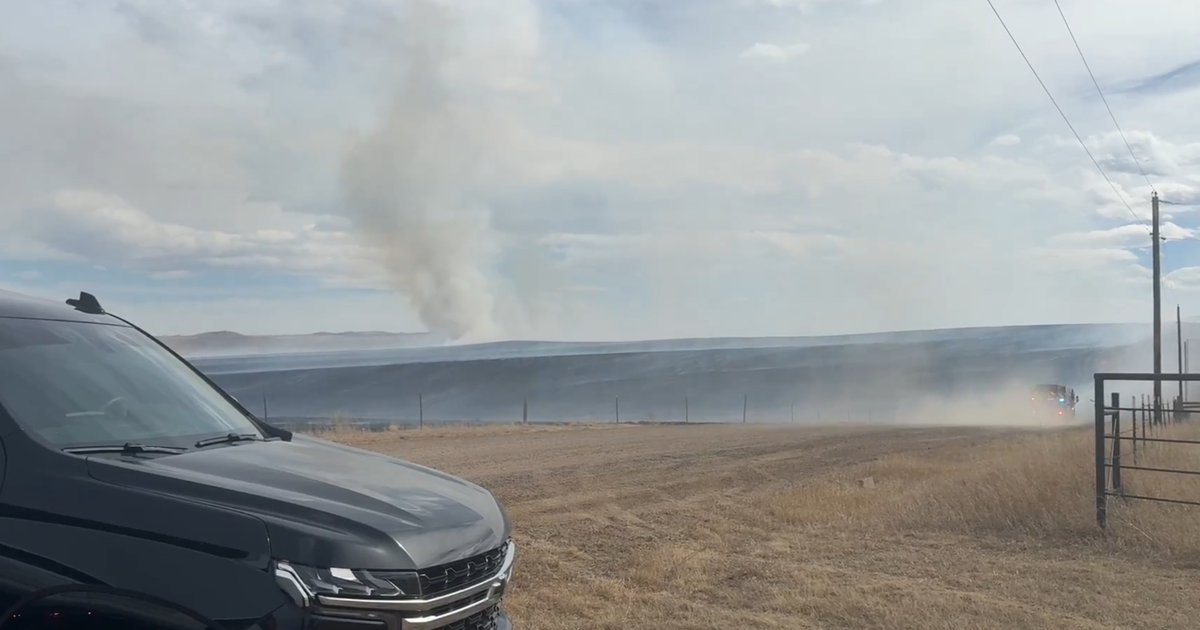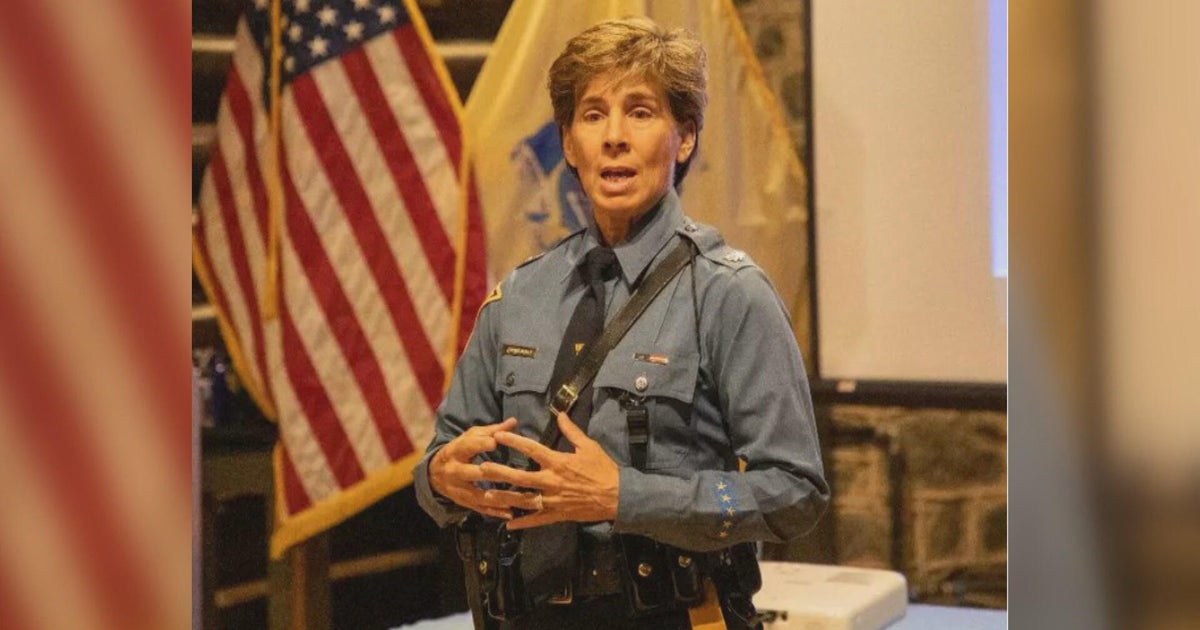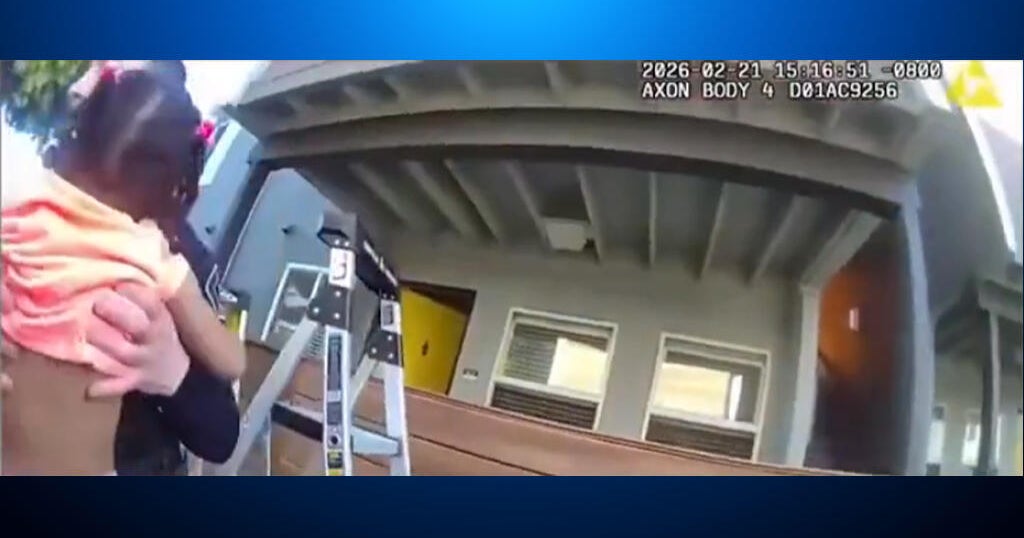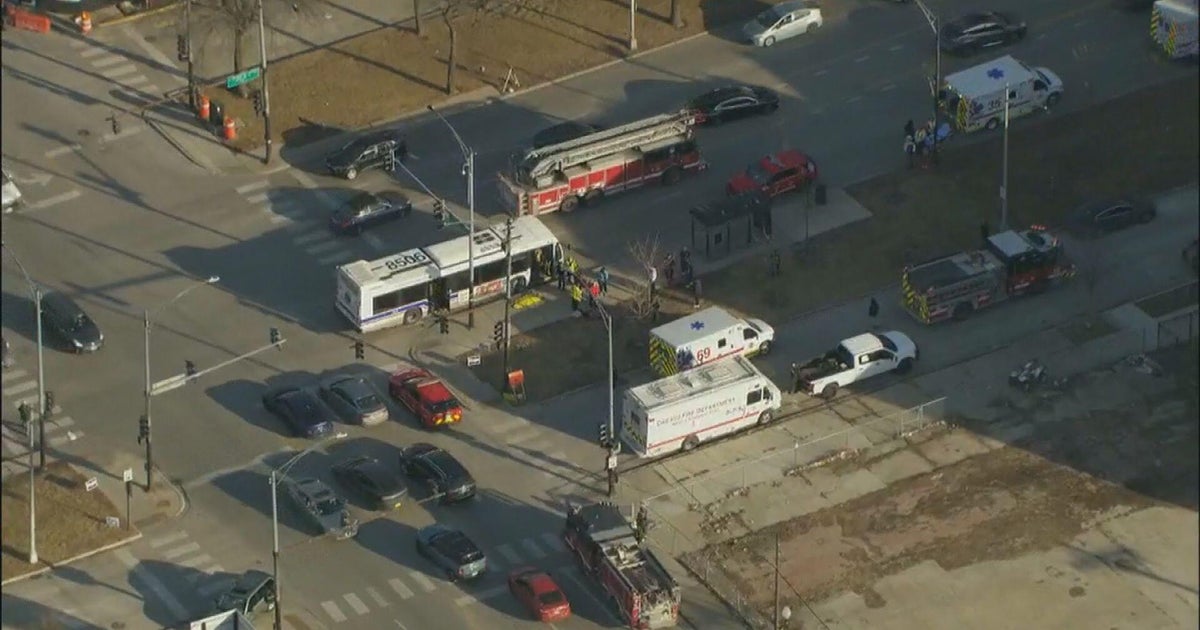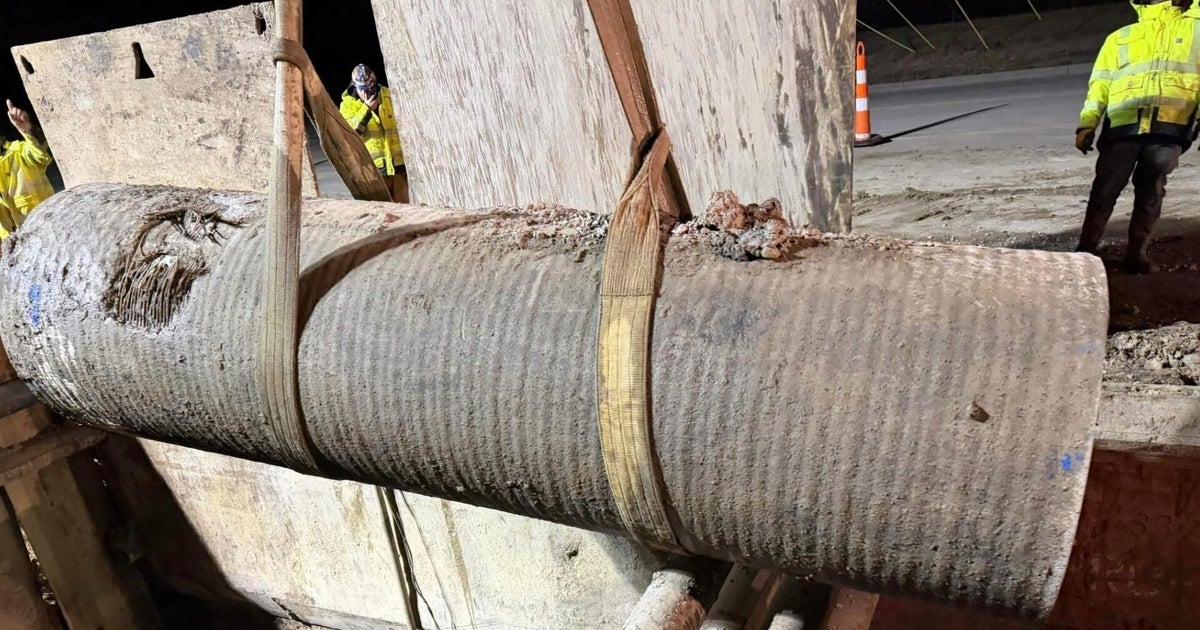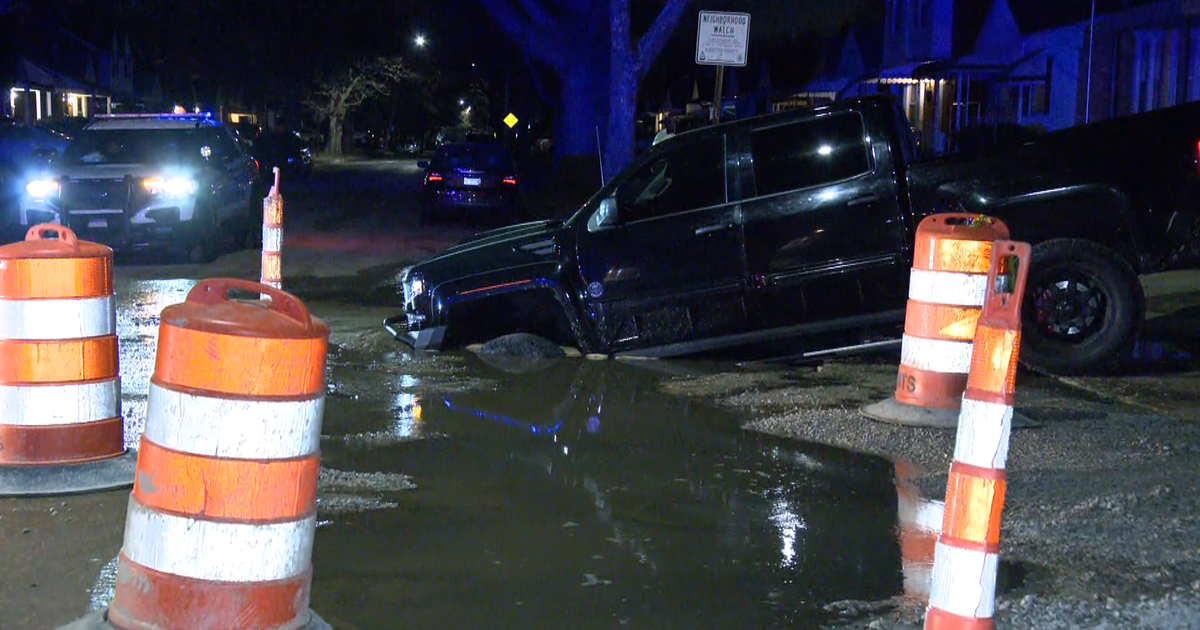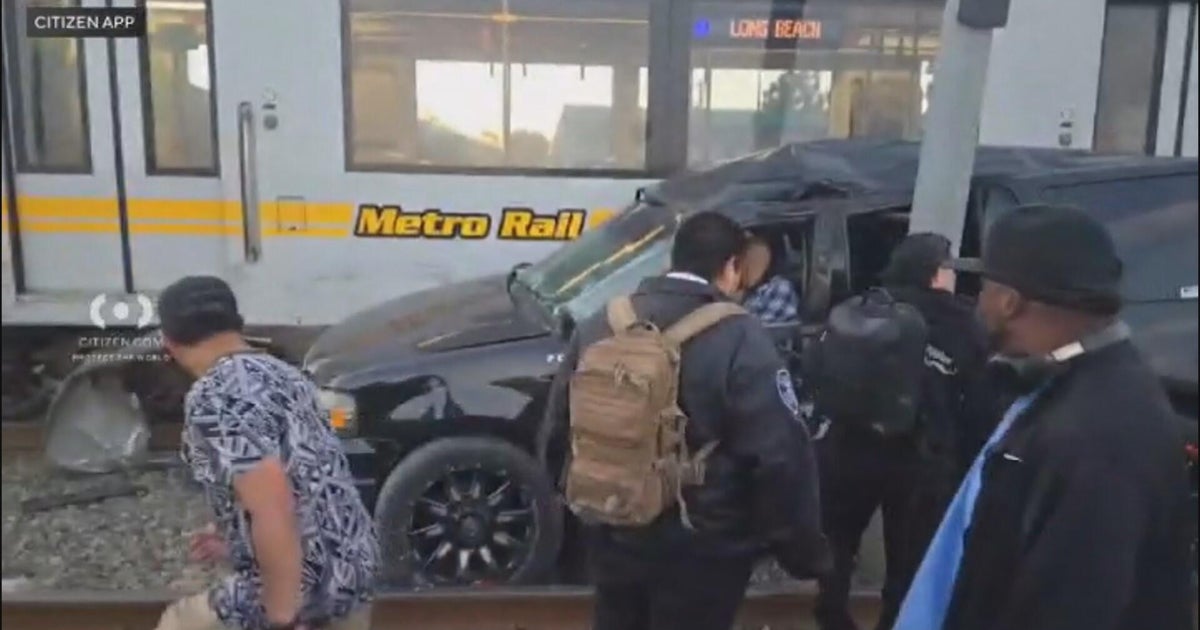East Palestine residents crestfallen after NTSB chair says "controlled burn" was unnecessary
EAST PALESTINE, Ohio (KDKA) — Residents of East Palestine, Ohio were frustrated on Thursday, one day after the chair of the National Transportation Safety Board told Congress that the "controlled burn" following last year's train derailment was unnecessary.
On Wednesday, NTSB Chair Jennifer Homendy's comments rocked the community again. Homendy testified at a Senate hearing and said that the decision to do a controlled burn of those toxic train cars only happened because the people at the scene didn't have enough information and they didn't have the right information.
KDKA investigator Meghan Schiller talked to residents about this troubling testimony, and many said this is what they've "said since the get-go." The people of East Palestine say they live with the effects of that vent and burn every single day, so they're upset to hear about this recent testimony.
"When advice was given to the governor of Ohio, to the incident commander, they were not given full information because no one was told OXYVINYL was on scene. They were left out of the room, the incident commander didn't even know they existed," Homendy told Congress.
Homendy made these comments following a line of questioning by Ohio Senator J.D. Vance (R).
"This was all told to decision makers on the ground that they had to make a decision in less than 13 minutes to blow up all five of these toxic chemical cars without any other voices being included to offer a contrary opinion, is that right?" asked Senator Vance.
"That's correct," said Homendy.
The decision-makers mulled over their options for hours but ended up getting the 13-minute deadline because of the approaching sunset. The NTSB concluded the hottest of the five railcars containing vinyl chloride started at 135 degrees at 4 p.m. on Feb. 5, 2023, and dropped to 126 degrees by 9:30 a.m. the next morning.
"At which point it stabilized?" asked Sen. Vance.
"That's correct, senator. It was stabilized well before the vent and burn many hours before," said Homendy.
Norfolk Southern disagrees, releasing a statement saying:
"The final decision to conduct a controlled release was made by the Incident Commander, with input from multiple stakeholders, including Norfolk Southern and local, state, and federal authorities. The top priority of everyone involved was the safety of the community, as well as limiting the impact of the incident. The successful controlled release prevented a potentially catastrophic uncontrolled explosion that could have caused significant damage for the community. To date, continuous environmental testing in coordination with and alongside US and Ohio EPA has shown the air and drinking water in the community are safe."
Ohio's Governor Mike DeWine said no one presented him with evidence that letting the cars cool off was an option on the table, saying:
"NTSB Chair Homendy testified yesterday that neither Governor DeWine nor incident command were ever presented with a scenario from experts that a controlled vent and release was unnecessary to prevent a catastrophic explosion. They were also not presented any scenario where, if officials did nothing, the train cars would not explode catastrophically. Governor DeWine spent hours with incident command and Norfolk Southern contractors on the day of the release and asked numerous questions to understand the facts. No one—not one single expert—opined that day about there being any other scenario occurring besides either a catastrophic explosion or a controlled release to prevent such an explosion."
"Because that would have changed the whole outlook of this town," said Dennis Shelter, an East Palestine resident. "If they would have told the governor, that stuff would have never ever happened."
